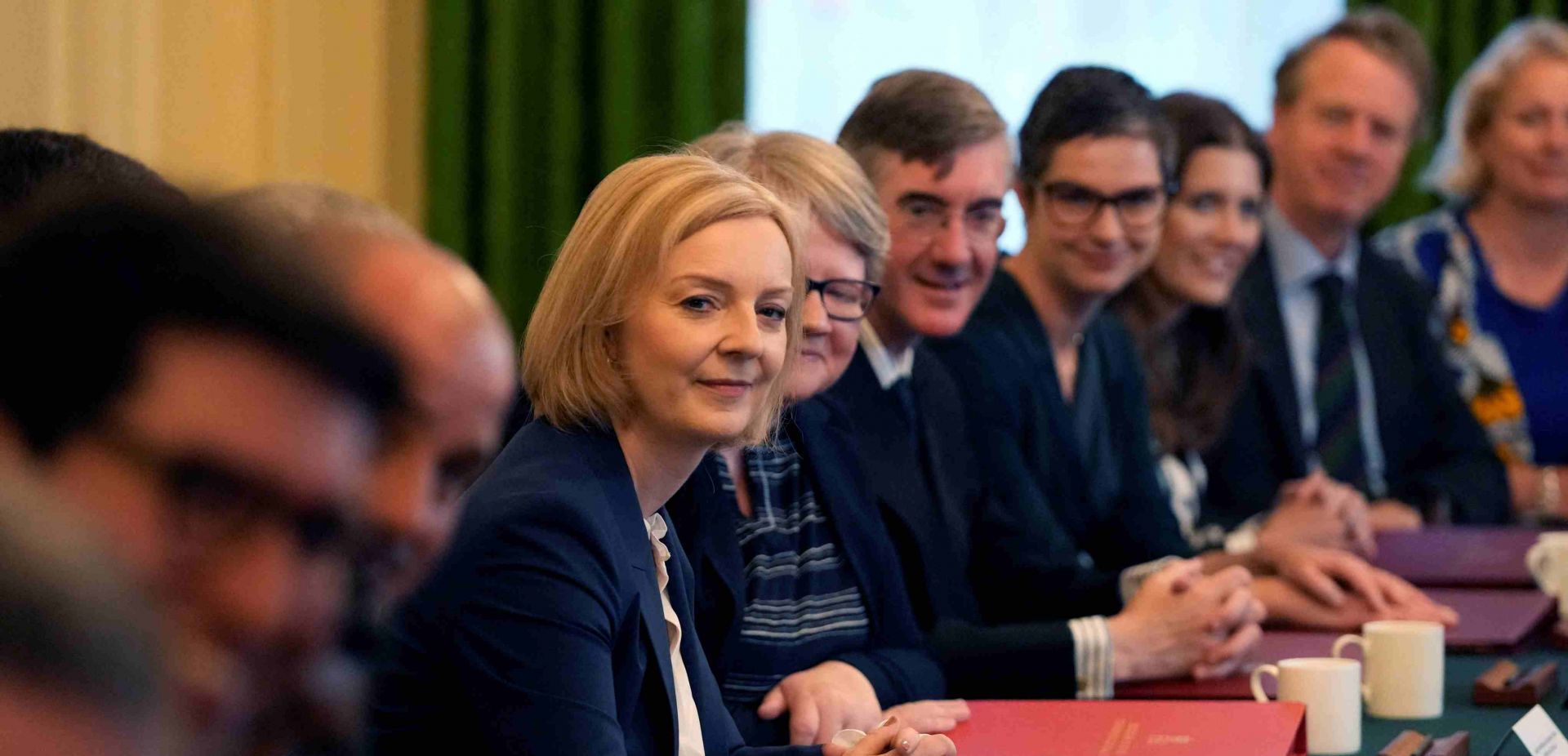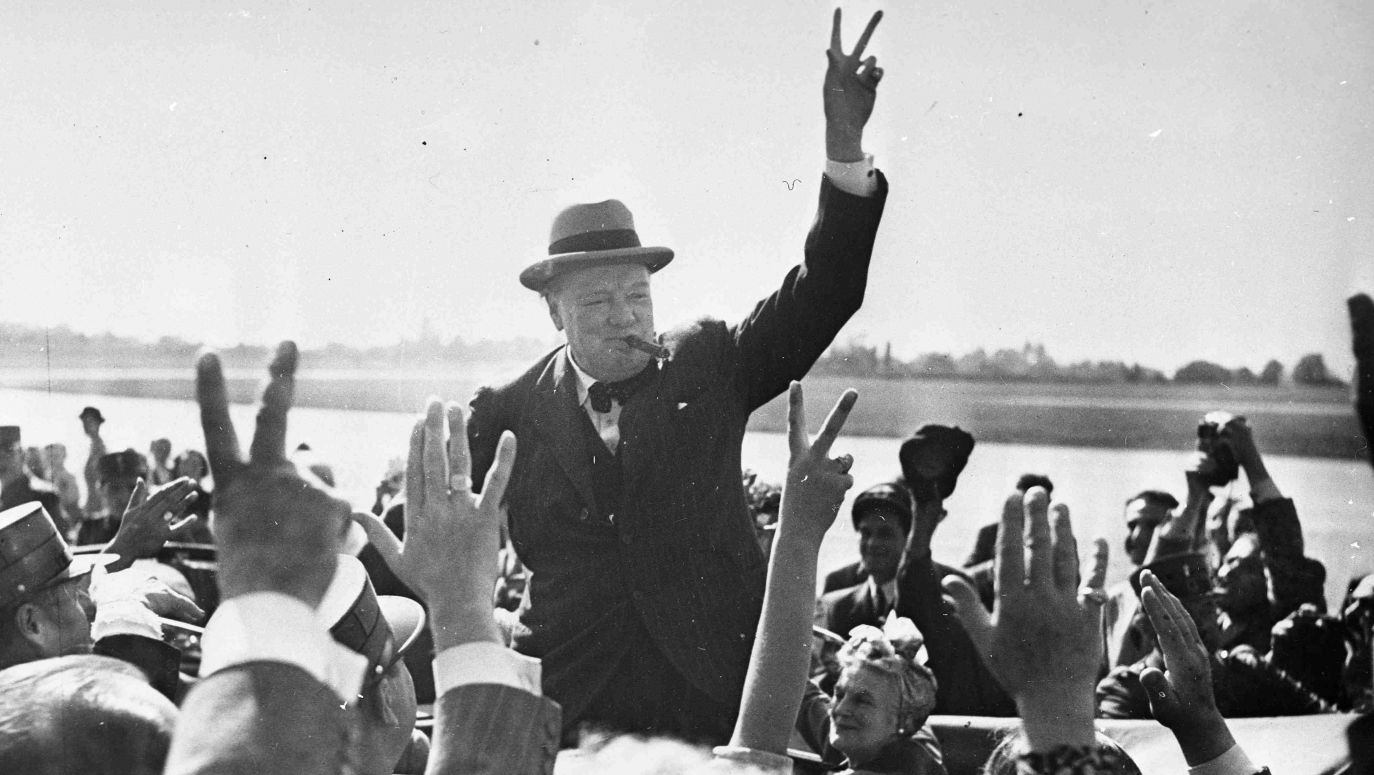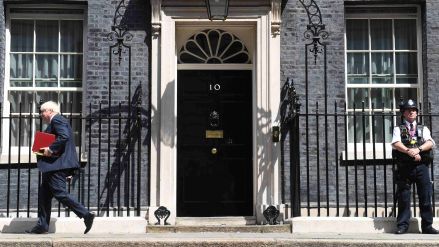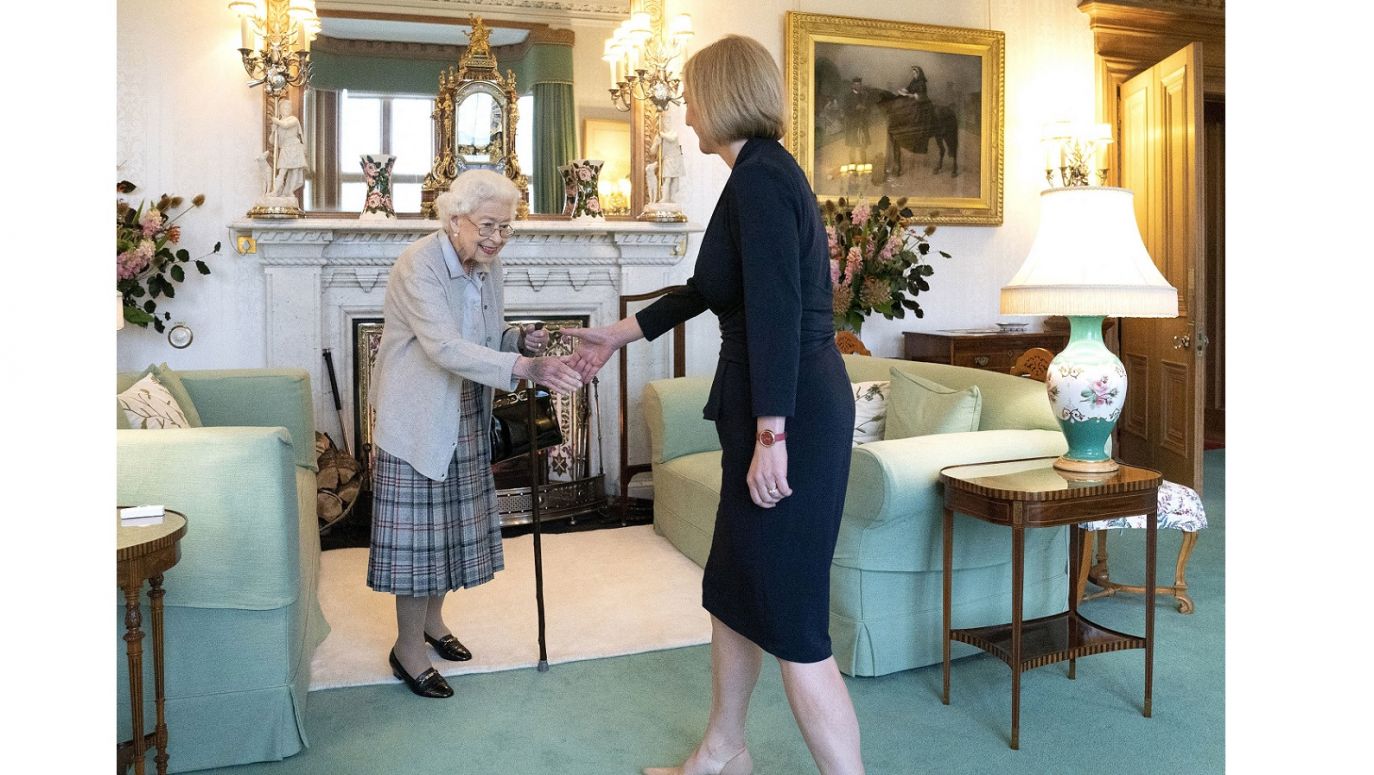TVP WEEKLY: What can we expect from the new UK Prime Minister Liz Truss? Will the policies she pursues be a continuation of Boris Johnson's policies or a break with them?
MACIEJ ZAKRZEWSKI: I don't expect a revolution and radical change from the new UK Prime Minister. She will not be a second Margaret Thatcher, rather she will go down as a second Theresa May. A peculiarity and a constant in British politics, no matter who is in power, is the absence of abrupt change. Labour and the Conservative Party do not differ on fundamental issues, but on the different distribution of political accents.
The Prime Minister's challenge will be the growing crisis in the international space, which will also affect her country's domestic politics. However, the energy crisis will not affect the UK as much as central European countries or Germany. The policy she pursues will be a continuation of Boris Johnson's line. When the British plan their policies, they take into account the resources they currently have at their disposal. That is why they are always extremely pragmatic in their policies.
 SIGN UP TO OUR PAGE
SIGN UP TO OUR PAGE
 Prime Minister Liz Truss announces the extension of sanctions against Russia. If introduced, Russian ships will not be allowed to enter European ports.
Prime Minister Liz Truss announces the extension of sanctions against Russia. If introduced, Russian ships will not be allowed to enter European ports.
It is also a continuation of the Conservatives and Boris Johnson's policies. Britain has represented the most intransigent position towards Russia in Europe. This is also due to the UK's relationship with the United States. The reaction of the head of the Russian Foreign Ministry, Sergei Lavrov, to the election of the new British Prime Minister is quite distinctive. It consists of directing attention to the regularisation of relations with France.
Liz Truss has changed her views on brexit, going from being an opponent to a supporter of Britain's departure from the European Union.
An issue characteristic of British political thinking, which can be illustrated by the phrase: we play the cards we have, not the cards we would like to play. According to British political thinking, it doesn't matter whether Mrs Truss was for or against before brexit, because Britain is now out of the Union.
Pure pragmatism. What is the conservatism of the modern Tories based on?
It stems from a very specific way of thinking and the peculiarities of politics there, which apply not only to the Conservative Party, but also to the Labour Party and, at one time, to the Liberals. The national political pattern is extremely strong and can largely be reduced to two elements.
Which ones?
The first is based on the empirical tradition, that is, the use of experience in politics. It is no coincidence that conservatism was born in Britain, although it was formulated by wig Edmund Burke. The second element that is key to understanding the British political model is John Stuart Mill's "Utilitarianism". This short text tells us all about the British people and their way of thinking and acting politically. It also explains to us the motives of British politicians during the Second World War. The Poles talk about the betrayal of the West in 1939 and in 1945.

 SIGN UP TO OUR PAGE
SIGN UP TO OUR PAGE
 Prime Minister Liz Truss announces the extension of sanctions against Russia. If introduced, Russian ships will not be allowed to enter European ports.
Prime Minister Liz Truss announces the extension of sanctions against Russia. If introduced, Russian ships will not be allowed to enter European ports. 






